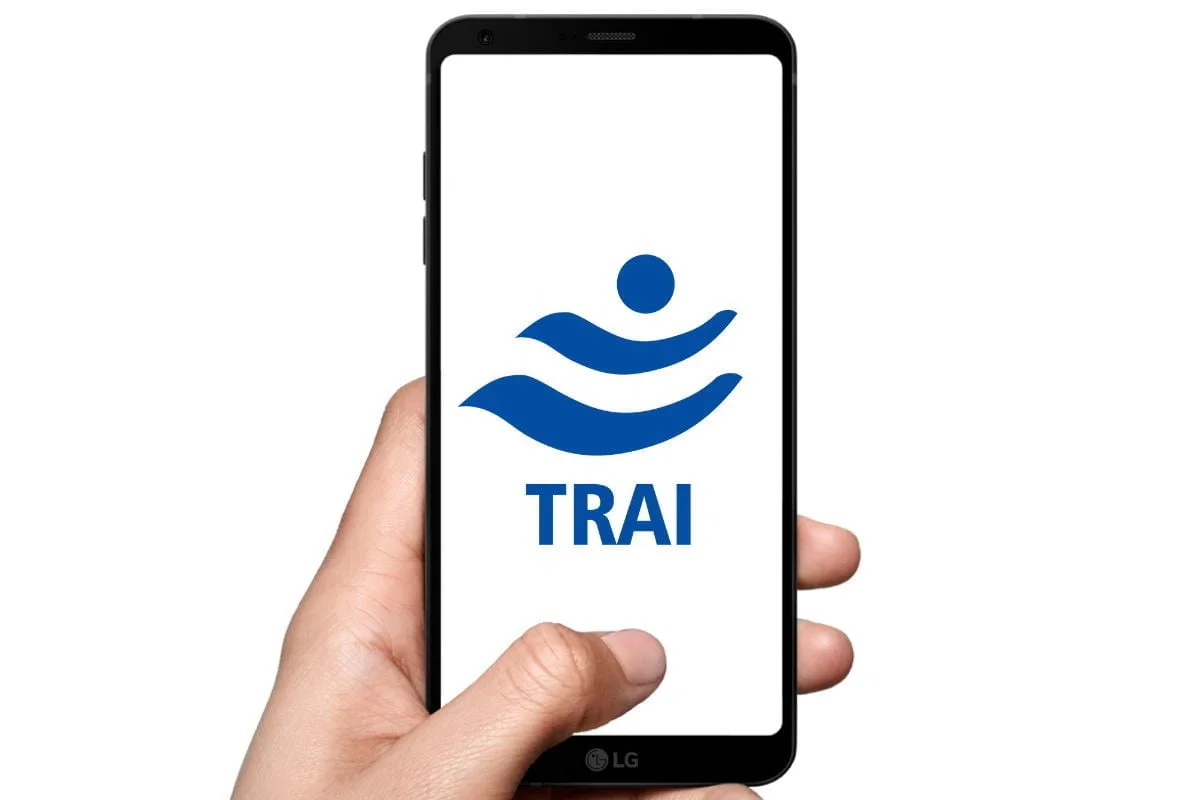
The Telecom Regulatory Authority of India (TRAI) has issued a Consultation Paper on the "Review of Regulatory Framework for Broadcasting and Cable Services," aiming to address various challenges and concerns that have emerged since the implementation of its previous regulatory framework.
Also Read: TRAI Releases Consultation Paper on Regulatory Framework for OTT Services and Selective Banning
Framework Evolution and Legal Scrutiny
The journey began in 2017 when TRAI unveiled the Regulatory Framework for Broadcasting and Cable Services, in line with the complete digitization of the cable TV sector. After undergoing legal scrutiny in both the Hon'ble Madras High Court and the Hon'ble Supreme Court, this framework officially came into effect on December 29, 2018, according to the regulator.
Refinement and Challenges
Recognizing the need for continuous refinement, TRAI introduced amendments in 2020, which included the Tariff Amendment Order 2020, Interconnection Amendment Regulations 2020, and QoS Amendment Regulations 2020. Although most of these amendments were upheld by various High Courts, certain provisions faced legal challenges.
Implementing New Tariffs and Stakeholder Concerns
Notably, provisions related to Network Capacity Fee (NCF), multi-TV homes, and long-term subscriptions were implemented. However, the subsequent announcement of new tariffs by broadcasters led to concerns from Distribution Platform Operators (DPOs), Associations of Local Cable Operators (LCOs), and Consumer Organizations. Stakeholders raised apprehensions about the practical implementation of the new rates, migration of consumers to the new tariff regime, and the impact of upward revisions in pay channel and bouquet rates.
Collaborative Efforts and Amendments
To address these challenges and chart a way forward, TRAI constituted a committee comprising members from the Indian Broadcasting and Digital Foundation (IBDF), All India Digital Cable Federation (AIDCF), and DTH Association. The committee identified several issues related to the amended framework for consideration and recommended immediate actions to ensure smooth implementation.
Seeking Stakeholder Input
As part of this ongoing effort, TRAI issued a consultation paper titled "Issues Related to New Regulatory Framework for Broadcasting and Cable Services" on May 7, 2022. This paper sought input from stakeholders on the pending issues that were hindering the complete implementation of the amended framework 2020.
Also Read: TRAI Releases Supplementary Consultation Paper on Aircraft Data Communication Services
Focused Amendments
In November 2022, TRAI further addressed some of these issues by notifying the Telecommunication (Broadcasting and Cable) Services (Eighth) (Addressable Systems) Tariff (Third Amendment) Order, 2022, and the Telecommunication (Broadcasting and Cable) Services Interconnection (Addressable Systems) (Fourth Amendment) Regulations, 2022. These amendments focused on matters such as the maximum retail price (MRP) of TV channels, the pricing of channels in bouquets, and incentives for broadcasters.
Extensive consultations, meetings with representatives from various industry stakeholders, including broadcasters, MSOs, DTH operators, and LCOs, have marked the process. TRAI has considered multiple suggestions from these engagements, further shaping its approach to addressing the remaining issues pertaining to tariff, interconnection, and quality of service.
To continue the dialogue and gather further insights, TRAI has now opened the floor for stakeholders to submit written comments on the consultation paper until September 5, 2023. Counter comments, if any, can be submitted by September 19, 2023.















